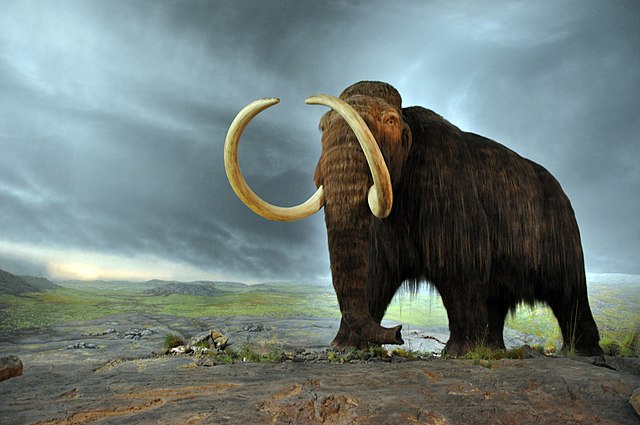A CIA-funded venture capital firm has officially bet on bringing species such as the woolly mammoth and thylacine back from extinction, according to US news outlet The Intercept. The company is called In-Q-Tel and its mission, according to its website, is to invest in technologies that strengthen US national security.
In-Q-Tel has added Colossal Biosciences, a company that wants to bring woolly mammoths and Tasmanian tigers back from extinction using DNA editing, to its public portfolio. Colossal made headlines last year when it announced its intention to bring back the woolly mammoth, which went extinct some 4,000 years ago. The company’s stated goal is to bring a giant calf into the world within five years.
Our goal is to see the woolly mammoth thunder upon the tundra once again.
Colossal Biosciences

Colossal announced that it would also attempt to resurrect the thylacine, or Tasmanian tiger, a wolf-like marsupial that was driven to extinction by overhunting in the early 20th century. Colossal argues that rebuilding such extinct creatures will support local economies and help reverse the effects of climate change by having a net positive effect on carbon offsetting.
According to Live Sciences magazine, scientists can insert cold-resistant characteristics into the DNA sequences of modern elephants, making them genetically similar to woolly mammoths. This is done by using DNA specialized editing tools. The resulting creature would be an animal that is more like an elephant with mammoth-like characteristics.
Critics of this de-extinction efforts have raise several questions. They argue that the original habitats of most extinct animals no longer exist and that funds earmarked for de-extinction would be better spent on protecting the species that still exist. Colossal and its supporters argue that funding genomic research behind extinction and funding conservation work are not mutually exclusive.
On its website, Colossal has stated its intention to resurrect the dodo bird, a flightless bird endemic to Mauritius that was hunted to extinction in the 17th century. Along with Colossal, In-Q-Tel named Chi Botanic and Living Carbon as companies doing useful research in complex bioengineering. Colossal is the only one of the three that In-Q-Tel has in its portfolio.
The Intercept reported that In-Q-Tel board members may sit on the boards of companies in which the company invests. In 2016, the Wall Street Journal found that half of In-Q-Tel’s board members were connected to companies in which the company had invested.












